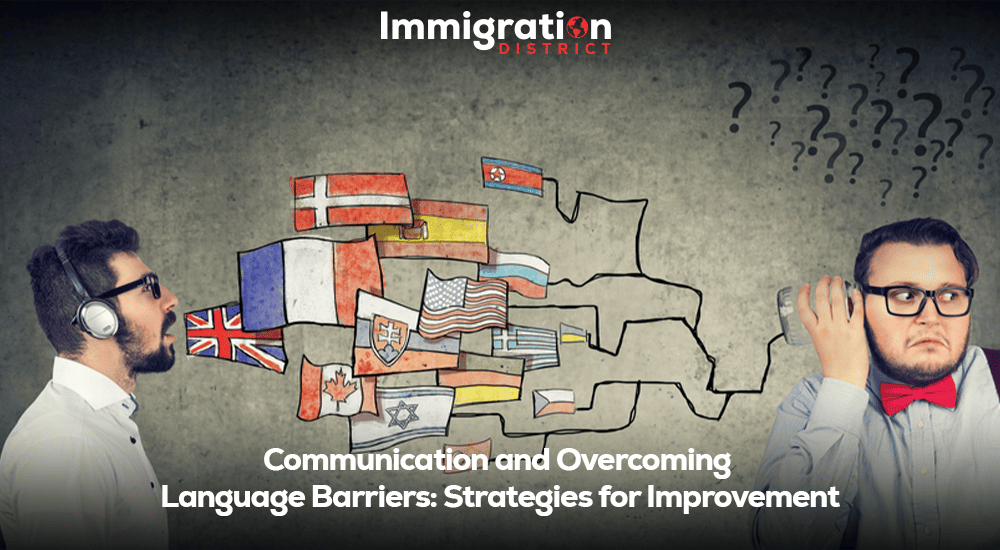
The world has shrunk to such an extent that, today, effective communication must be established across many languages. The presence of language barriers may present some very huge challenges, but these can be conquered using appropriate strategies.
The following are the practical approaches to enhance one’s communication skills and bridge the language gap:
Understanding Language Barriers
Language barriers are what happens when two people using different languages or dialects experience difficulty in communicating. It results in misunderstandings, frustration, and in some cases, social isolation. They are common in a variety of settings, including workplaces, healthcare, education, and social interactions.
Strategies of Overcoming Language Barriers
Speak Slowly and Clearly
Enunciate your words and speak slowly. It means that clearly pronouncing your words, slowing down your speech will allow a non-native speaker to be clear about what you are saying. It also avoids miscommunication.
Use Simple Language
Avoid jargon, idioms and difficult words. Use simple language and express complicated ideas in smaller chunks.
Seek an Explanation
Tell others to question when they don’t understand something. Similarly, ask for an explanation to ensure you heard it right.
Verify Understanding
Regularly check with each party that the other is being understood. Apply reflective listening methods, such as repeating in your own words what you heard.
Use Visual Aids
Visual aids like pictures, diagrams, and gestures can help convey your message better. They fill gaps where words alone may prove inadequate.
Learn Key Phrases
Learning a few key phrases in the other person’s language often paves the way to good relations and easy communication.
Avail of Technology
Make use of translation apps and tools with the power of real-time translations. They can come in very handy to solve an immediate problem of a language barrier.
Use Professional Interpreters
In high-stakes situations, such as in healthcare or the courtroom, professional interpreters can provide an accurate and culturally appropriate exchange.
Cultural Sensitivity
The differences that exist in culture should be known to one, and how they may impact communication. Cultural awareness and respect improve mutual understanding and reduce the possibility of conflicts.
Provision of Training
Training in cross-cultural communication skills and language proficiency would be very instrumental, especially in a work environment with multicultural employees.
The barriers to a common language demand forbearance, comprehension, and, most of all, adaptability. By applying these strategies, one will be able to enhance one’s communication skills and build good relations for a better environment. Always remember that speaking the same language is far from perfect communication; it means being understood and understanding others.